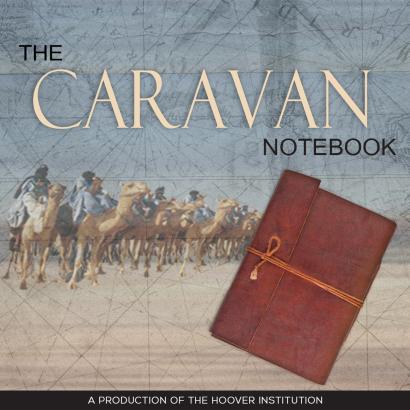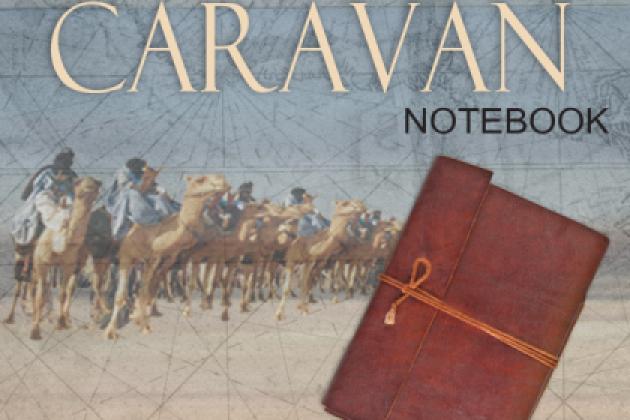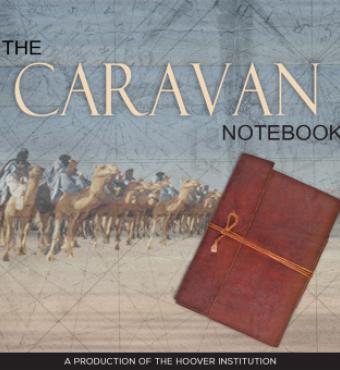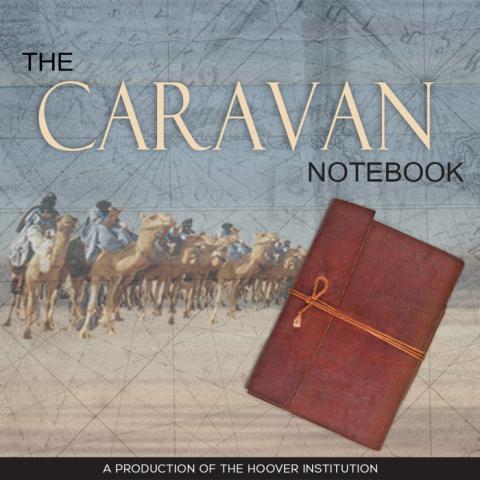- International Affairs
- Key Countries / Regions
- Middle East
- Security & Defense
- US Defense
- US Foreign Policy
- Terrorism
- History
- Economic
- Military
- Contemporary
- US
- World
- Law & Policy
- Civil Rights & Race
Prior to 1979, Saudi Arabia and Iran, two Muslim monarchies--one Sunni and one Shia--were allied with the US in the Cold War against Communism. The Iranian Revolution changed that, as did the Saudi response to the seizure of the Grand Mosque in Mecca. The two powers began to compete for regional primacy, especially through the export of their versions of politicized Islam. Kim Ghattas discusses her book Black Wave, which describes the consequences for the Middle East. This Saudi-Iranian conflict largely plays out in other countries--Egypt, Lebanon, Iraq, Yemen, and Pakistan--often with violent consequences. As religious extremism spread after 1979, a massive rollback in women's rights took place. While today Saudi Arabia and Iran are still locked in competition with each other, religion is losing its grip on a younger generation, that includes activists and writers trying to change repressive systems from within. The diplomacy around the JCPOA negotiations currently under way in Vienna and the policies of the US are of course important, but the future of the region ultimately depends on the agency of local forces hoping to escape the conflict of the past four decades.
















